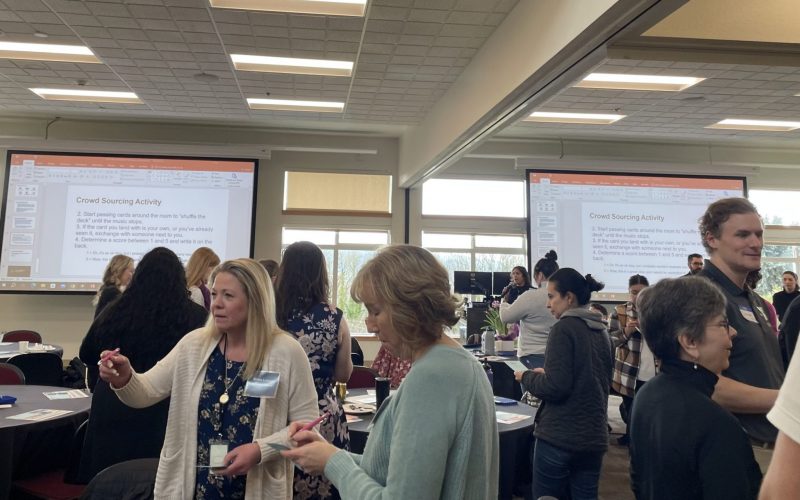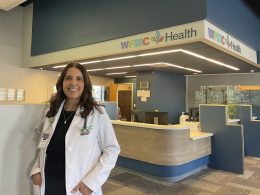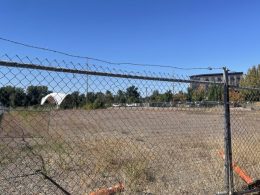Salem, OR – In a recent meeting, local health leaders in Salem, Oregon, have proposed a multi-faceted approach to address some of the city’s most pressing public health challenges, including homelessness, drug use, and the accessibility of healthcare services. The proposal is a response to growing concerns over the intersections of these issues, which have become increasingly difficult to ignore.
As Salem’s population continues to grow, the demand for affordable housing has skyrocketed, pushing many individuals and families into precarious living situations. Health experts have pointed out that the lack of stable housing is directly linked to a range of health issues, from chronic conditions to mental health struggles. Housing instability, they argue, not only makes it more difficult for people to seek and maintain proper care, but also exacerbates the prevalence of substance abuse disorders.
Drug use, particularly opioids, has been a significant concern in the region. Experts have stressed that providing adequate addiction treatment and harm reduction services is essential to addressing the crisis. With overdose rates continuing to climb, local leaders have urged for increased funding and resources to support programs that help individuals struggling with addiction, including expanding access to detox services and rehabilitation centers.
Improving access to healthcare has been a cornerstone of the discussion. Many community members, particularly those living in low-income or rural areas, have faced barriers when it comes to accessing quality medical care. Health leaders have proposed expanding clinics and telehealth services to reach underserved populations. By improving healthcare access, they hope to reduce emergency room visits and encourage people to seek preventative care, which would ultimately reduce the strain on the healthcare system.
City officials have voiced their support for the proposals, acknowledging that addressing these interconnected issues requires a collaborative effort from various sectors, including government, healthcare providers, and non-profit organizations. There is also an understanding that sustainable solutions will require long-term investments, especially in areas like housing infrastructure and mental health services.
While there is still work to be done to turn these proposals into actionable plans, the discussion represents a growing recognition of the complex relationship between housing, substance abuse, and access to care. Local leaders remain hopeful that by focusing on these critical areas, they can improve the health and wellbeing of Salem’s most vulnerable populations.
As the initiative moves forward, residents and stakeholders are encouraged to participate in upcoming town hall meetings to share their input and help shape the future of Salem’s public health strategy.











